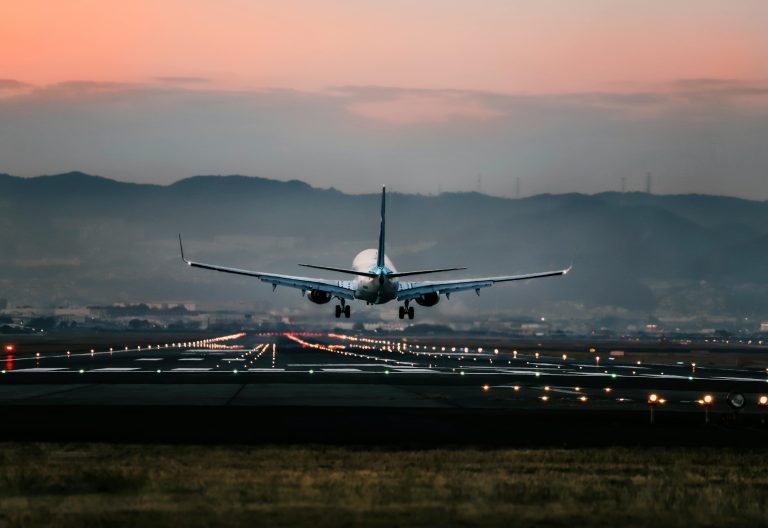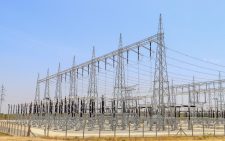KQ seeks State bailout, blames weaker shilling

Kenya Airways (KQ) has fingered the depreciating Kenyan shilling against the dollar as one of the major risks affecting the airline’s outstanding loan balances.
Chief Executive Allan Kilavuka said the airline is projected to incur a loss of Sh64.5 billion by the end of next year as a result of currency fluctuations.
The negative forex impact is estimated to result in an additional Sh2.1 billion in losses by the end of this year,going by a Sh151.86 exchange rate against the dollar.
This has not only affected the airline’s loan obligations but has also impacted its financial standing and operations, making it challenging to transition from a loss-making to a profitable entity, Kilavuki told MPs who sit in the departmental committee on transport and infrastructure.
He noted that addressing the debt issue is crucial, and the government’s intervention in recapitalising the airline is necessary to return to profitability.
He highlighted that the movement of loans since 2014, with the weakening shilling, has led to significant additional costs, with a current exchange rate of 148.2 compared to 90.59 in 2014.
“A weakening Kenya shilling significantly increases the airline’s financing and operating costs. I am 95 per cent confident that we will turn around the institution but this is only possible if we deal with the debt that we have. If we don’t deal with it, this plan will not work.”
“We are very positive of a turnaround but the problem is the negative forex. We need to deal with the debt and that is why I am keeping on saying we need to recapitalise. Once we do this we will have a turn around.”
Kilavuki explained that out of the total loans of Sh196.4 billion that the airline has, loans amounting to Sh62.7 out of the Sh137 billion borrowed for the Tsavo facility obtained in 2015 to buy the six dream liners, one triple seven and one engine are yet to be cleared.
The Samburu facility amounting to Sh17.6 billion out of the initial amount of Sh 46 billion is still pending. The loan was borrowed from a consortium of five banks to acquire the Embraer aircraft.
The airlines also owe ten local banks Sh33.4 billion, the government of Kenya Sh59 billion and suppliers over dues Sh 23.7 billion.
“KQ’s legacy debt dampened the impressive operating results due to the huge forex losses, because of depreciation of Kenya shilling against the US dollar. These forex losses were primarily due to revaluation of the US dollar denominated loans and liabilities.”
In order to reduce the loans, Kilavuka told MPs that to be able to settle some of the debts of the airline in support of the National Treasury they are in the process of obtaining a strategic Equity Partner (SEP) to recapitalise the business.
According to him the process of identifying the SEP has started with the selection of the financial adviser to help develop investment material and an objective valuation of the business that will conclude in June next year in readiness for identification of a SEP.
In addition, he also said that the airline will be in the next five years be launching new destinations in China, North America (USA), middle East (Turkey), Asia, (India) and Europe (UK) in order to increase revenue and reduce the unit cost of operations.
KQ will be implementing Project Kifaru which is aimed at turning around the airline operations which include termination of two leased 777-300ERS head leases as they are expensive.
“The prevailing economic and financial situation in the country necessitated discussion between management and the government of Kenya. The task of financing project Kifaru as initially conceived was deemed onerous and an alternative option of realising the same objective was considered. This led to the agreement on the sourcing of SEP to support capitalisation of KQ,” the CEO told members of Parliament.












